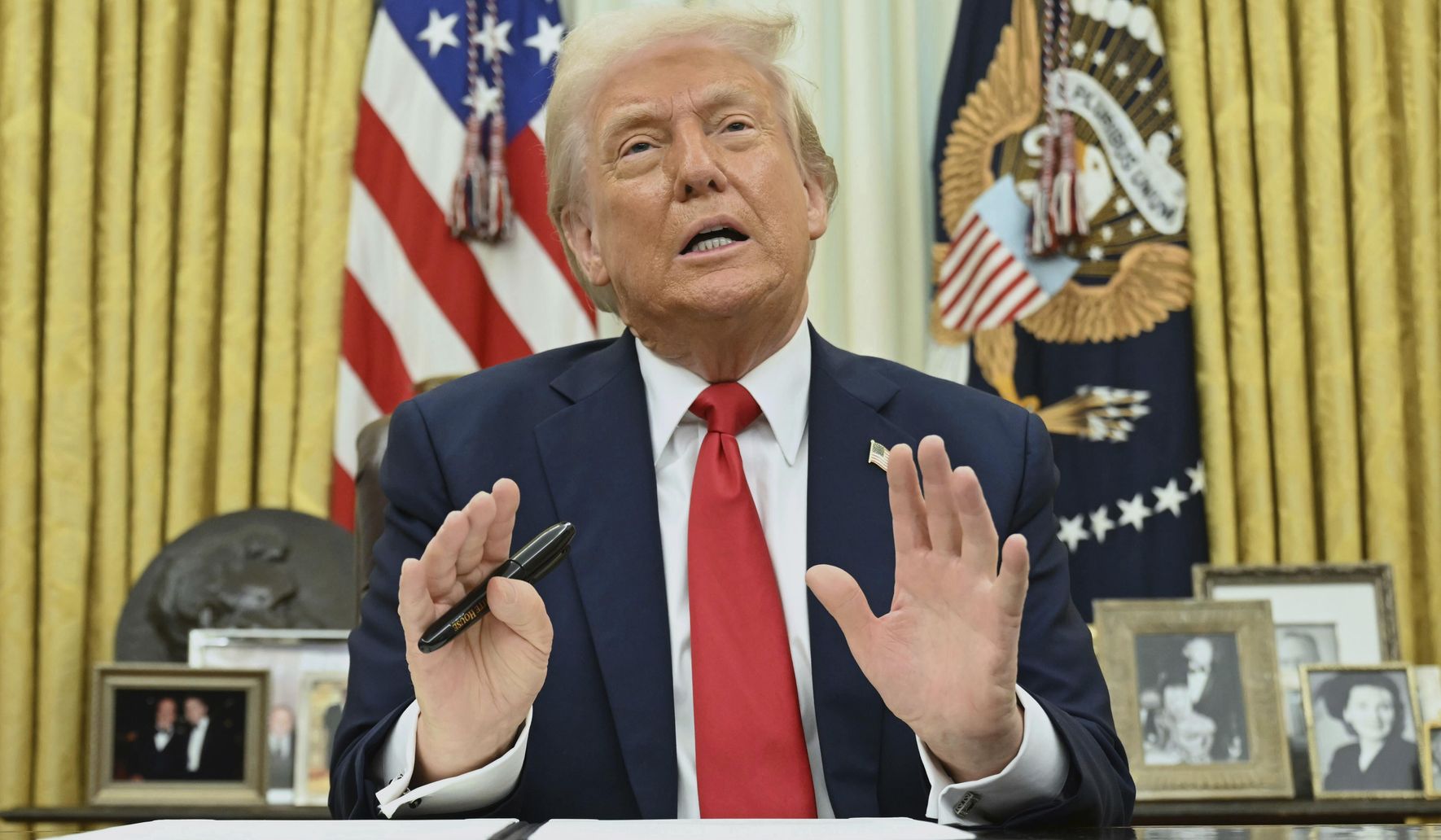Crypto Breakthrough: Trump Unleashes New Era of Digital Finance Regulation

In a significant move for the cryptocurrency industry, President Trump has signed a groundbreaking bill that provides relief for decentralized finance (DeFi) exchanges. The new legislation offers crucial protections by exempting these digital platforms from stringent IRS reporting requirements that previously treated them like traditional financial brokers.
This landmark decision marks a pivotal moment for cryptocurrency platforms, potentially reducing regulatory burdens and creating more breathing room for innovative digital financial technologies. By shielding DeFi exchanges from overly restrictive reporting mandates, the bill signals a more crypto-friendly approach to financial regulation.
The signing represents a nuanced understanding of the unique nature of decentralized financial platforms, acknowledging that they operate differently from conventional financial institutions. Cryptocurrency advocates have long argued for more flexible regulations that recognize the distinctive characteristics of blockchain-based financial technologies.
While the full implications of the bill are still unfolding, it's clear that this legislative action could have far-reaching consequences for the future of digital finance and blockchain innovation in the United States.
